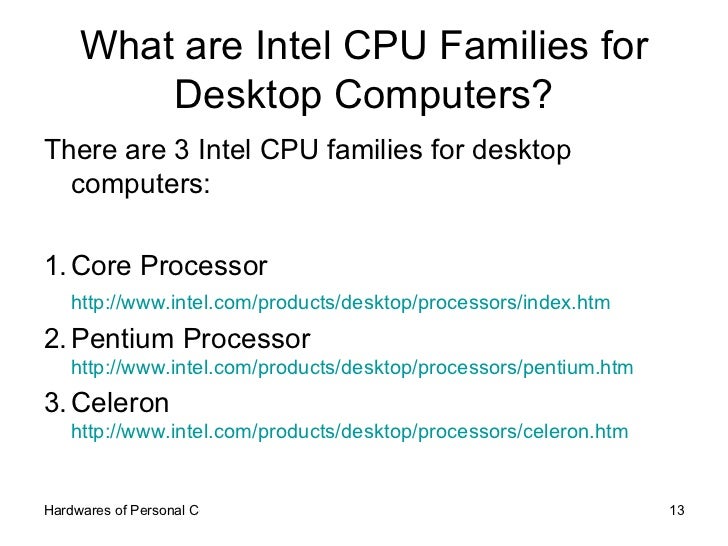The Essential Guide to Understanding Computer Hardware provides a comprehensive look into the world of computer components, making it accessible for both tech enthusiasts and novices alike. This guide delves into the fundamental building blocks of computers, explaining their functions and how they work together to create the devices we rely on every day. From processors to storage solutions, understanding hardware is crucial for anyone looking to deepen their knowledge of technology.
In this guide, you will explore various types of hardware, their specifications, and the latest trends in the industry. You’ll gain insights into how different components interact, the importance of compatibility, and tips for upgrading your setup. Whether you’re a gamer, a professional, or simply curious about how computers function, this guide will equip you with the necessary information to navigate the hardware landscape confidently.
In today’s fast-paced world, the importance of staying informed cannot be overstated. With information bombarding us from all directions, it’s crucial to find reliable sources of news and updates. This article explores the significance of consuming news mindfully, the impact of social media on information dissemination, and how to distinguish between credible news sources and misleading ones.### The Importance of Staying InformedStaying updated with current events is not just about being aware; it also plays a vital role in fostering informed citizens who can engage in discussions and make educated decisions.
Knowledge empowers individuals to understand the world around them, anticipate changes, and adapt accordingly. For instance, being aware of economic shifts can help individuals make better financial decisions, while understanding social issues can lead to more empathetic interactions within communities.#### Understanding the News LandscapeThe news landscape has evolved dramatically over the past few decades. Gone are the days when people relied solely on newspapers or evening news broadcasts.
With the advent of the internet and the rise of social media, news is now more accessible than ever. However, this accessibility comes with its own set of challenges. The volume of information available can be overwhelming, and not all of it is accurate or trustworthy.### The Role of Social MediaSocial media platforms have become significant channels for news dissemination.
Sites like Twitter, Facebook, and Instagram allow users to share information rapidly, but they also facilitate the spread of misinformation. A single tweet can reach thousands within minutes, which is both a blessing and a curse. While it allows for faster sharing of crucial updates, it also opens the door to the rapid spread of falsehoods.#### Misinformation and Its ConsequencesMisinformation can have serious consequences.
For example, during public health crises, false information can lead to panic, poor decision-making, and even harm. This has been evident during the COVID-19 pandemic, where conflicting information about vaccines and treatment options created confusion and hesitancy. Therefore, it is essential to verify the information before sharing or acting on it.### How to Consume News MindfullyTo navigate the modern news landscape effectively, it is crucial to adopt a mindful approach to consuming information.

Here are some practical tips:
1. Diversify Your Sources
Relying on a single source for news can create a biased perspective. Instead, seek out multiple sources that provide different viewpoints. This approach not only enriches your understanding but also helps identify any inconsistencies in reporting.
2. Check the Credibility of Sources
Always evaluate the credibility of the news source. Established news organizations typically have fact-checking processes in place, while smaller or lesser-known websites may not adhere to the same standards. Look for reputable names and cross-check information if it seems questionable.
3. Be Cautious with Social Media
While social media can provide real-time updates, it is crucial to approach information shared on these platforms with skepticism. Before sharing a post, verify the information through trusted news outlets to avoid spreading misinformation.
4. Understand Bias
Every media outlet has some form of bias, whether political, social, or economic. Being aware of this bias can help you interpret news more critically. Look for articles that present multiple perspectives on an issue to get a fuller picture.
5. Take Breaks
Consuming news constantly can lead to information overload and anxiety. It’s essential to take periodic breaks to process what you’ve learned and recharge. This can enhance your overall well-being and improve your ability to engage with news in a meaningful way.### The Future of News ConsumptionAs technology continues to evolve, the future of news consumption will likely change as well.
Innovations such as artificial intelligence and machine learning are already shaping how news is produced and consumed. These technologies can help personalize news feeds, making it easier for individuals to access content that aligns with their interests. However, they also raise concerns about the creation of echo chambers, where users only see information that reinforces their beliefs.Moreover, as society becomes increasingly aware of the problem of misinformation, there might be a shift towards greater accountability among news organizations.
Fact-checking initiatives and transparency about sources could become the norm, ensuring that consumers can trust the information they receive.### ConclusionIn conclusion, the importance of staying informed in our rapidly changing world cannot be underestimated. By adopting a mindful approach to consuming news, individuals can navigate the complex landscape of information more effectively. It’s essential to diversify sources, check credibility, and remain aware of biases in reporting.
As technology continues to evolve, being proactive and discerning about news consumption will empower individuals to make informed decisions and engage meaningfully in discussions about the world around them. In a society where information is power, being an informed citizen is not just beneficial; it’s imperative for the health of our democracy and communities.



